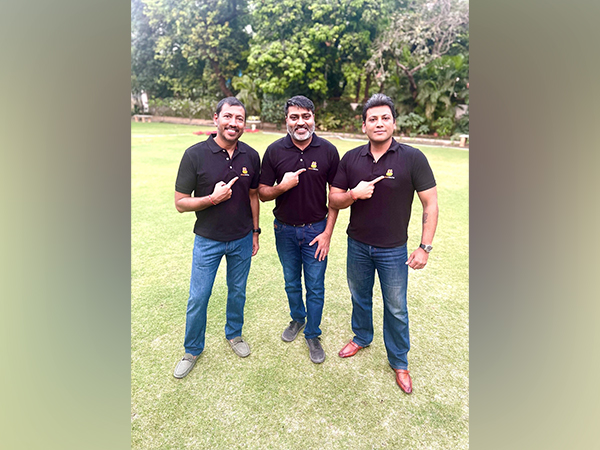
US: Man in Missouri executed despite conviction doubts
Sep 26, 2024
Missouri [US], September 26: A man in the US state of Missouri was executed on Tuesday, despite doubts raised by prosecutors over the strength of his conviction, according to the state's Department of Corrections.
Marcellus Williams, a 55-year-old Black man, was sentenced to death for the 1998 killing of Felicia Gayle, a former newspaper reporter.
He was pronounced dead at 6:10 p.m. local time Tuesday after he was administered a lethal injection, according to the Missouri Department of Corrections.
Prosecutor's office expressed doubts
Williams' execution went through even though his attorneys had raised questions over jury selection at his trial and the handling of evidence in the case.
Even the office that secured his murder conviction 21 years ago expressed doubts over the integrity of the case.
Prosecuting attorney Wesley Bell, whose office handled the original prosecution, had sought to block the execution over questions about the original trial.
After the execution, Bell in a written statement said that "if there is even the shadow of a doubt of innocence, the death penalty should never be an option."
Following Williams' execution, Democratic US House Representative of New York Alexandria Ocasio-Cortez called for abolishing the death penalty on social media.
The US Supreme Court could have intervened but it declined to do so hours before Williams was put to death.
Williams had pleaded innocent and a rights group had approached Missouri Governor Michael Parson to halt his execution.
However, Parson on Tuesday said that Williams's execution would go ahead despite protests.
"No jury nor court, including at the trial, appellate, and Supreme Court levels, have ever found merit in Mr. Williams's innocence claim. At the end of the day, his guilty verdict and sentence of capital punishment were upheld," Parson said in a statement.
Williams, who had previous convictions for burglary and robbery, was found guilty of stabbing Felicia Gayle in 1998 with a kitchen knife.
He was convicted on the testimony of a former jail cellmate and an ex-girlfriend but his DNA was never found at the crime scene.
The reliability of the two witnesses was questioned by the original prosecutors who in court also concluded that during his trial, Black jurors were improperly excluded based on race.
Source: Times of Oman









